Western Bulk Herbs – Alfalfa Leaf
Alfalfa is good for relieving water retentions and swelling and also has a history of helping with auto-immune disorder and arthritis. It’s good for cleaning the blood through the liver and bowels. It’s been known to lower cholesterol and prevent strokes. An old age healer of whooping cough, alfalfa and alfalfa sprouts are good for the digestive and urinary system.
It’s one of those rare sources that are loaded with nutrients. You can even use the seeds as sprouts for a salad, sandwich, as well as herbal remedies.
Latin Name:
Medicago sativa
Common Names:
Alfalfa, Alfalfa Leaf, Chilean Clover, Buffalo Grass, Lucerne and purple medic
Parts Used:
Plant and seeds
Properties:
Contains organic minerals such as calcium, magnesium, phosphorus, and potassium and almost all known vitamins, as well as very high in chlorophyll.
Traditional Uses:
Historically alfalfa been used for upset stomachs, arthritis, bladder and kidney problems as well as boils and irregular menstruation.
Due to the many nutrients alfalfa makes an amazing tonifying herbal remedy that may restore your strength after a sickness. It has been used to treat chronic digestive problems as it helps the body absorb nutrients. Its cooling properties make this herb perfect for aging problems that have too much inflammation and heat.
Internal Applications:
It can be made into a infusion, capsules, or tincture.
Topical Uses:
Alfalfa has been used for cystitis, burning urine, prostatitis, insomnia, increasing mother’s milk, lowering fevers, lowering cholesterol, diabetes, ulcers, arthritis, and rheumatic problems, lower back ache and to encourage blood clotting.
Topical Applications:
Alfalfa is commonly used as a tea to promote appetite, weight gain, diuretic, and stops bleeding. Unsubstantiated claims include a use of alfalfa for cancer, diabetes, colon disorders, anemia, hemorrhaging, and vitamin and mineral deficiency. Among other uses the herb has been used as a blood purifier, gas, edema, diabetes, ulcers, and arthritis. Its also promotes pituitary function and contains an antifungus agent.
Culinary Uses:
Combined with carrot and lettuce, alfalfa juice is reputed to aid the growth of hair. You can also sprout the seeds for salads, sandwiches, and soups and stews.
Chemical Properties:
Alfalfa properties include Biotin, calcium, choline, inositol, iron, magnesium, PABA, phosphorus, potassium, protein, sodium, sulfur, tryptophan (amino acid), and vitamins A, B complex, C, D, E, K, P, and U.
Cautions:
GRAS – Generally Recognized as Safe. This herb can be safely consumed when used appropriately. Pregnant women and people with lupus should avoid using alfalfa.
Folk Lore:
Alfalfa was and is still used for feeding livestock from as far back as the 6th century. First documented by the Chinese as an herbal remedy for kidney stones and normal water retention. The name alfalfa is Arabic al-fac-facah, for “father of all foods”. Its one of the easiest grains to grow and it is grown throughout the world. It’s the 4th leading crop behind corn, wheat and soybeans.
*Disclaimer: These statements have not been evaluated by the Food and Drug Administration. This product is not intended to diagnose, treat, cure or prevent any disease.
Resourses:
Major Herbs of Ayurvedic.Compiled by Dahur Research Foundation and Dahur Ayurvet Limited, Ghaziabad, India., 2002. Churchill Livingstone, London, England.
The New Holistic Herbal. David Hoffmann, 1990. Barnes and Noble Books, New York.
Chinese Herbal Medicine: Materia Medica, Third Edition, Dan Bensky and Andrew Gamble, 1986. Eastland Press, Seattle, WA.
PDR for Herbal Medicines, 2000. Medical Economics Company, Montvale, New Jersey.
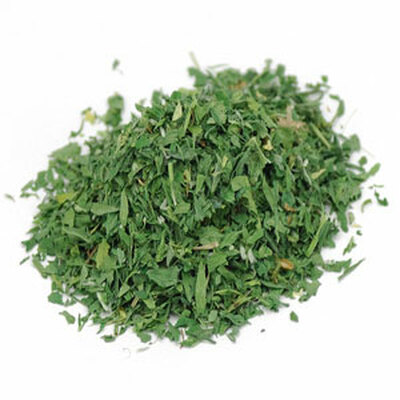
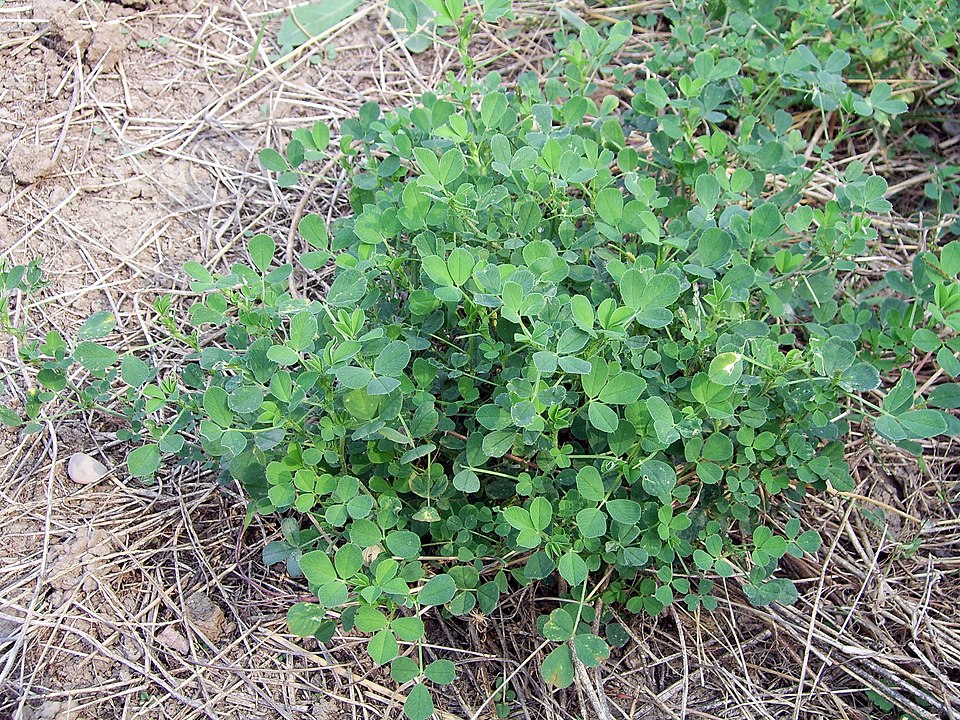
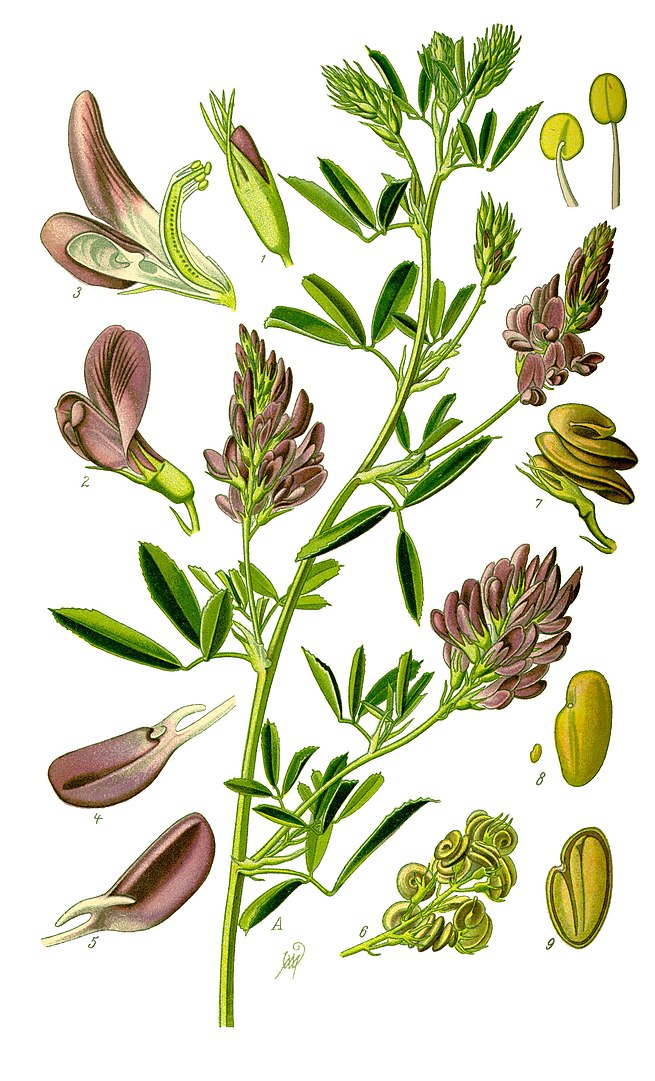
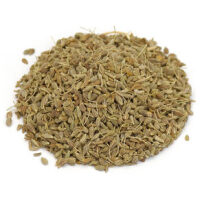
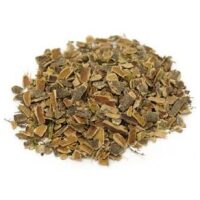
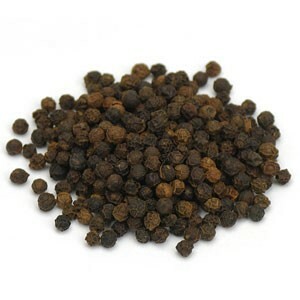
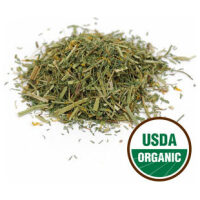
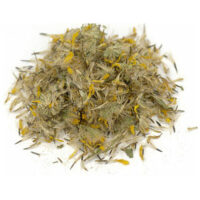
Reviews
There are no reviews yet.